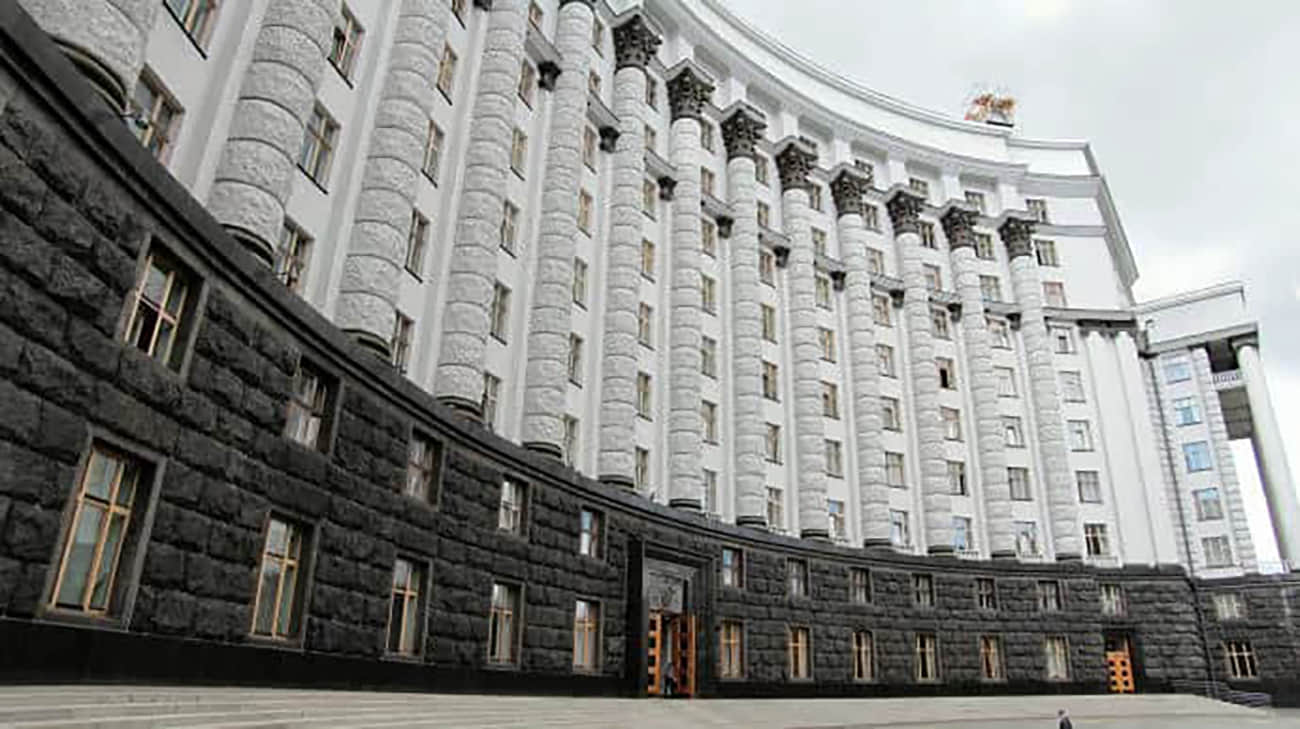Labour can’t resist flirting with economic populism
Keir Starmer’s closest advisors spent last week briefing journalists that this government would be straight with people, and that it would reject the “fake populism” of the Tories which, they claim, raised people’s hopes before disappointing them. Labour figures said that the Prime Minister’s doom-laden introduction to the country was more responsible than attempting to [...]


Keir Starmer’s closest advisors spent last week briefing journalists that this government would be straight with people, and that it would reject the “fake populism” of the Tories which, they claim, raised people’s hopes before disappointing them.
Labour figures said that the Prime Minister’s doom-laden introduction to the country was more responsible than attempting to “engineer false hope.”
Ministers will be reminded of the perils of over-promising when they discover that they do not have the power to lower prices with the wave of a wand.
Online outrage over the “dynamic pricing” of Oasis tickets led to the Prime Minister himself vowing to make sure that “tickets are available at a price that people can actually afford”. His culture secretary, Lisa Nandy, described the pricing of tickets as “incredibly depressing” and has ordered a probe.
As if not to be outdone in this game of fantasy economics, education secretary Bridget Phillipson has said she wants to stop airlines raising prices during school holidays. Perhaps while they’re at it, ministers could cap the price of an Uber ride, a meal out, clothes or cinema tickets.
How is it possible for Labour to warn against offering unrealistic policies on a Monday, before flirting with the idea of making holidays cheaper on a Tuesday?
It’s one thing to require transparency over how prices can change, but it’s quite another to suggest that the government should, or could, get involved in setting prices or even limiting price increases.
The Labour mayor of London, Sadiq Khan, has called for rent controls in the capital for years, despite being unable to point to a single successful use of such powers anywhere in the world. Edinburgh offers the most recent example of the damage rent controls can do, but there will still be those on the left calling for the government to pull this lever in the hope that this time they’ll be able to defy all the laws of economics.
In America, Kamala Harris is pledging to bring down the price of groceries if she wins the White House, though reports suggest her team knows full well that such policies will never see the light of day.
Is the Democrats’ cynicism and dishonesty really any worse than Labour MPs promising cheaper flights and more affordable entertainment? This is populism masquerading as consumer protection.


